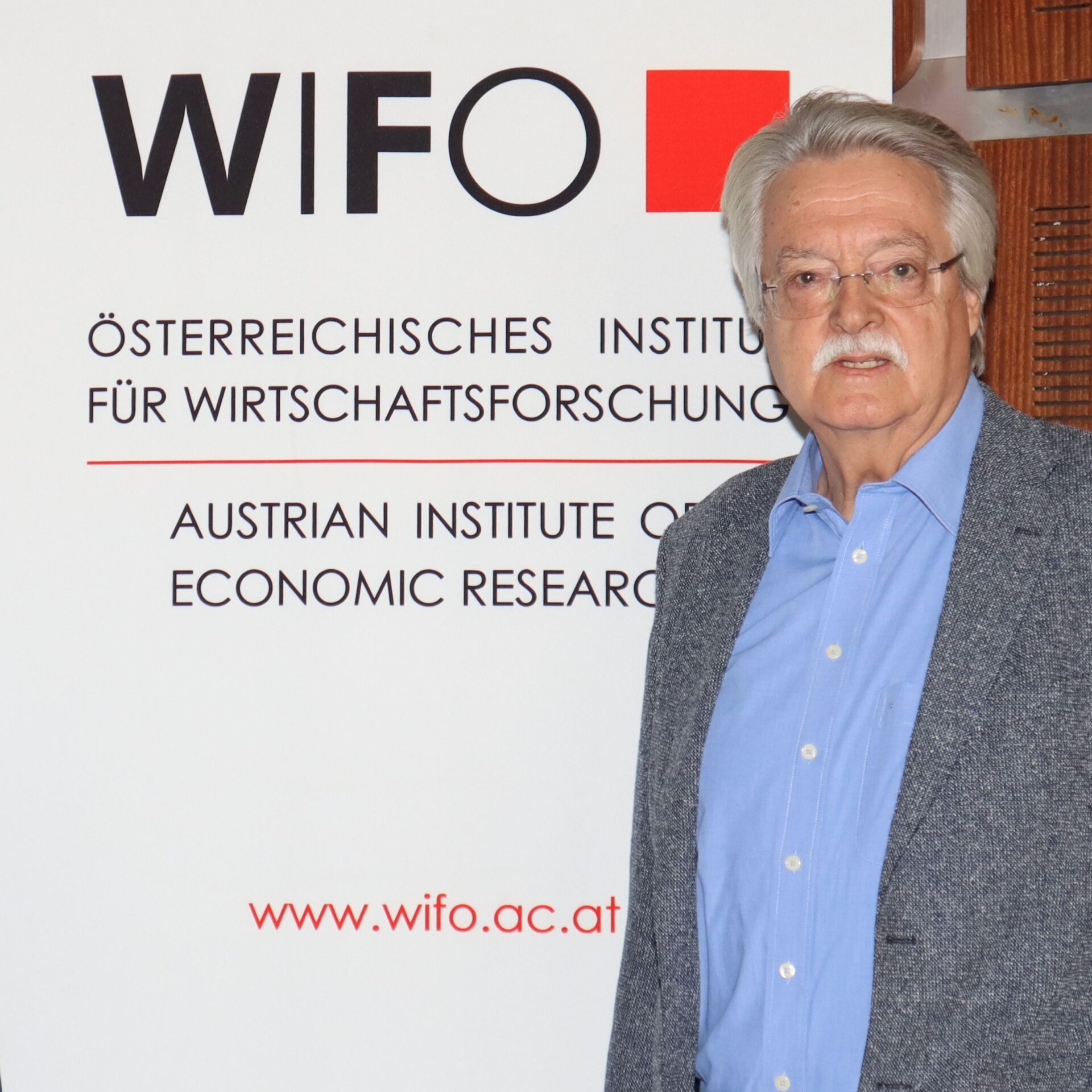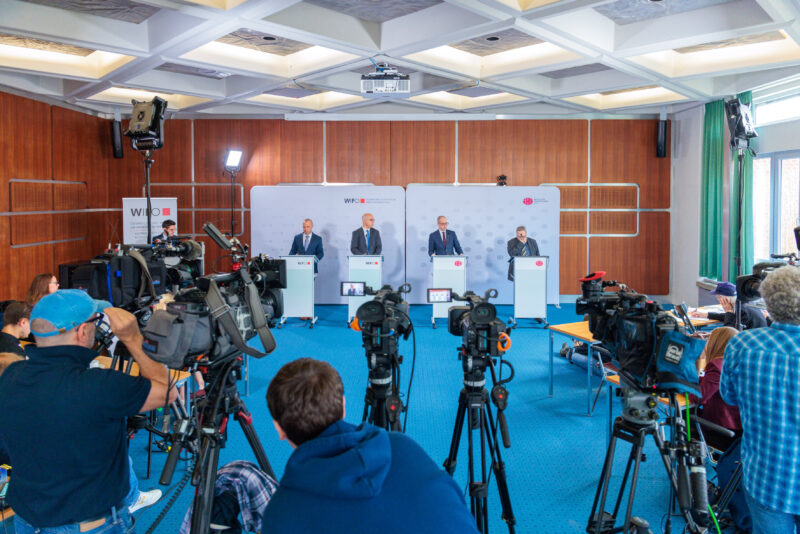
Austria's EU Membership and the Role of WIFO
WIFO showed the federal government the advantages of EU membership in a simulation study carried out in 1989 – and thus prior to the decision on whether Austria should apply for EU membership. In the run-up to the referendum on EU accession in June 1994, the advantages of EU accession for the Austrian economy were once again mentioned in a fundamental WIFO study.
As a result, Austria has benefitted from three integration steps: first from joining the EU internal market in 1995, then from participating in the economic and monetary union in 1999 and the introduction of the euro in 2002, and finally from the gradual EU enlargement of the former Eastern European states from 2004. Overall, real GDP has been increased by 0.5 to 1 percent annually as a result.
Already in the 1960s, WIFO was involved in the debate on improving the position of EFTA member Austria with regard to EEC/EC by means of an Association Agreement. "But it was only on the occasion of the most drastic step in economic policy since the Second World War, the accession to the EU in 1995, that WIFO played out its dominant position as an advisor on economic issues with numerous studies", said Breuss.
Since 2019 the Thematic Platform "European Challenges" brings together the findings from past and current research by WIFO on key challenges at the European level. The aim of these studies is to understand the effects and interactions of European integration on the economy, the public sector and society in the EU member countries. This allows drawing conclusions for European and Austrian policy initiatives and thus present recommendations to overcoming economic challenges.
https://www.wifo.ac.at/en/topics/european_challenges/thematic_platform_european_challenges
























